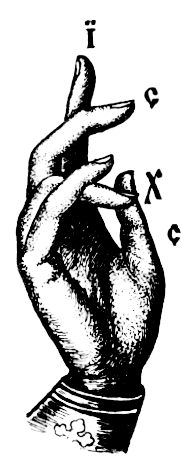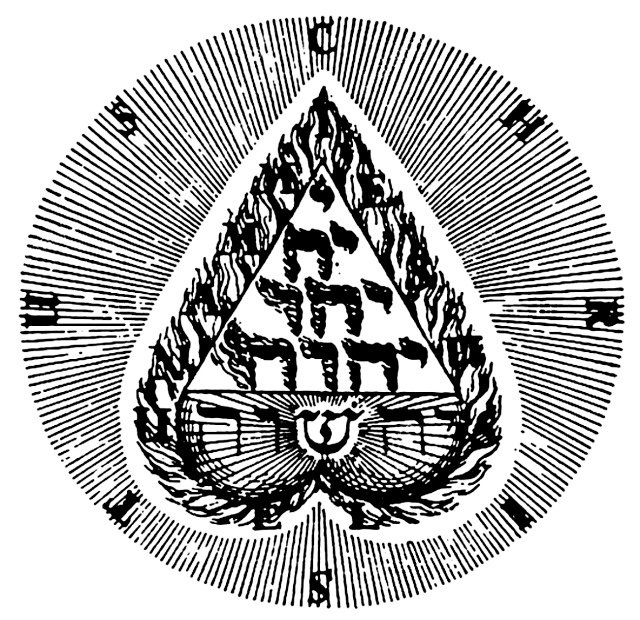The Amazing Opposite Union Hidden In Psalm 92
- טימותי לורנס
- Sep 27, 2022
- 6 min read
Updated: Dec 8, 2022
Psalm 92 seems to be pretty straight forward and easy to understand, so theoretically it is not considered one of the most difficult pieces of poetry of the Psalms. However, after doing a significant amount of research on this one, the amazing structure of this Psalm points to something much deeper.

We know that the Psalms were to be sung originally. Evidently, the textural structure of this particular Psalm seems as if it was to be sung in what is known as "complex antiphony"; which is basically a dialogue between two voices, each one singing its own “half-song.” Essentially, one starts at the beginning and the other starts at the the end, simultaneously singing the verses in between, and ultimately culminating in unison in the middle verse.
Here is some deeper insight scholarly insight that I found online regarding the structure of this Psalm:
"This concentric symmetry invests the text of a song with palindromic properties and, especially, the ability to read its verses in both ascending and descending order. From the perspective of complex antiphony, this property suggests that Psalm 92 was designed for dialogic performance between a “sense voice” (first choir), which sings the text in ascending order of verses, and an “antisense voice” (second choir) that responds by singing the same text in descending order. This is all new to me, however this is a pattern observed throughout much biblical poetry, and is defined as "cross response"...This vagueness originates in the singular mixing, in this psalm, of verses of praise (vv. 2-6, 9, 11, 13–16) and of condemnation of the wicked (vv. 7–8, 10, 12)."
This all alludes to the a "union of opposites" that somehow compliment one another. There is a theory that two different groups wrote this particular Psalm who were evidently opposed to one another; one who was poetic and scriptural in nature, while the other was melodic in nature. I'm not sure exactly what to make of all this, but I ultimately stumbled across all this while researching what happened to the original melodies for The Psalms, that seem to have gotten lost in time. This has always bothered me personally, as I know enough about the deep rooted tradition of Hebrew Cantillation and it never made sense to me how everything has been preserved except for the rhythms of the Psalms. The Bible tells us that the source of music originally came from Cain's lineage; so I can only speculate that there was something impure with the group who wrote the music for the Psalms.

"Cain knew his wife, and she conceived and bore Enoch. When he built a city, he called the name of the city after the name of his son, Enoch.
To Enoch was born Irad, and Irad fathered Mehujael, and Mehujael fathered Methushael, and Methushael fathered Lamech.
And Lamech took two wives. The name of the one was Adah, and the name of the other Zillah.
Adah bore Jabal; he was the father of those who dwell in tents and have livestock. His brother’s name was Jubal; he was the father of all those who play the lyre and pipe." - Genesis 4:17-21

In most English translations there are only 15 Verses of this Psalm, however there are 16 Verses in The Hebrew original; as the title is actually the first verse.
Psalm 92
1) A Psalm, a Song. For the sabbath day.
2a) - It is good to praise the LORD,
2b) - and to sing praises to Your name, O Most High,
(3a) - to proclaim Your loving devotion in the morning
(3b) - and Your faithfulness at night
(4a) - with the ten-stringed harp
(4b) - and the melody of the lyre.
(5a) - For You, O LORD, have made me glad by Your deeds;
(5b) - I sing for joy at the works of Your hands.
(6a) - How great are Your works, O LORD,
(6b) - how deep are Your thoughts!
(6a) - A senseless man does not know,
(6b) -and a fool does not understand,
(8a) - that though the wicked sprout like grass,
(8b) - and all evildoers flourish,
(8c) - they will be forever destroyed.
(9) - But You, O LORD, are exalted forever!
(10a) - For surely Your enemies, O LORD,
(10b) - surely Your enemies will perish;
(10c) - all evildoers will be scattered.
(11a) - But You have exalted my horn like that of a wild ox;
(11b) - with fine oil I have been anointed.
(12a) - My eyes see the downfall of my enemies;
(12b) - my ears hear the wailing of my wicked foes.
(13a) - The righteous will flourish like a palm tree,
(13b) - and grow like a cedar in Lebanon.
(14a) - Planted in the house of the LORD,
(14b) - they will flourish in the courts of our God.
(15a) - In old age they will still bear fruit;
(15b) - healthy and green they will remain,
(16a) - to proclaim, The LORD is upright
(16b) - He is my Rock and in Him there is no unrighteousness.
Since Verse One is the title verse; "A Psalm, a Song. For the Sabbath Day", in order to break this down to observe its extremely complex structure, we must start at Verse Two. Essentially we are putting the first section of the first verse with the first section of the last verse and are repeating this pattern.
(2a) - It is good to praise the LORD (16a) - to proclaim, The LORD is upright
(2b) - and to sing praises to Your name, O Most High (16b) He is my Rock, and in Him there is no unrighteousness.
(3a) - to proclaim Your loving devotion in the morning (15a) - In old age they will still bear fruit
(3b) - and Your faithfulness at night (15b) - healthy and green they will remain
(4a) - with the ten-stringed harp (14a) - Planted in the house of the LORD
(4b) - and the melody of the lyre (14b) - they will flourish in the courts of our God
(5a) - For You, O LORD, have made me glad by Your deeds (13a) - The righteous will flourish like a palm tree
(5b) - I sing for joy at the works of Your hands (13b) - and grow like a cedar in Lebanon
(6a) - How great are Your works, O LORD (12a) - My eyes see the downfall of my enemies
(6b) -how deep are Your thoughts! (12b) - my ears hear the wailing of my wicked foes.
(7a) - A senseless man does not know (11a) - But You have exalted my horn like that of a wild ox
(7b) - and a fool does not understand (11b) - with fine oil I have been anointed.
(8a) - that though the wicked sprout like grass (10a) - For surely Your enemies, O LORD
(8b) - and all evildoers flourish (10b) - surely Your enemies will perish
(8c) - they will be forever destroyed (10c) - all evildoers will be scattered
(9) - But You, O LORD, are exalted forever!
(10a) - For surely Your enemies, O LORD (8a) - that though the wicked sprout like grass
(10b) - surely Your enemies will perish (8b) - and all evildoers flourish
(10c) - all evildoers will be scattered (8c) - they will be forever destroyed
(11a) - But You have exalted my horn like that of a wild ox (7a) - A senseless man does not know
(11b) - with fine oil I have been anointed (7b) - and a fool does not understand
(12a) - My eyes see the downfall of my enemies (6a) - How great are Your works, O LORD
(12b) - my ears hear the wailing of my wicked foes. (6b) -how deep are Your thoughts!
(13a) - The righteous will flourish like a palm tree (5a) - For You, O LORD, have made me glad by Your deeds
(13b) - and grow like a cedar in Lebanon (5b) - I sing for joy at the works of Your hands
(14a) - Planted in the house of the LORD (4a) - with the ten-stringed harp
(14b) - they will flourish in the courts of our God (4b) - and the melody of the lyre
(15a) - In old age they will still bear fruit (3a) - to proclaim Your loving devotion in the morning
(15b) - healthy and green they will remain (3b) - and Your faithfulness at night
(16a) - to proclaim, “The LORD is upright" (2a) - It is good to praise the LORD
(16b) He is my Rock and in Him there is no unrighteousness (2b) - and to sing praises to Your name, O Most High
Verse 9 is only singular verse in this song and could possibly have been paired with itself:
But You, O LORD, are exalted forever!
But You, O LORD, are exalted forever!
The Hebrew Word Count of Psalm 92 is 112 Words. The Middle Verse (Verse 9) is comprised of 4 Words. After the four words that make up the title verse, or Verse One ( מזמור שיר, ליום השבת ), there are 52 words before and after the Verse 9. Verse 9 is the pivotal verse that stresses HaShem's supremacy and the pivotal function of Verse 9 is also confirmed by its position at the exact numerical center of the song and by the central (fourth) mention among the seven mentions of the name The Sacred Name of The LORD ( יהוה ). This all affirms that Verse 9, "But You, O LORD, are exalted forever!" functions as the semantic, rhetorical and structural center of this Psalm. I'm sure that there is much deeper meaning hidden within, there always is!
This is all just another observation of the Infinite Depth of The Word.
חסד ושלום עליכם והרבה אהבה וברכות
May Grace and Peace Be Upon You and Much Love and Blessings!


















Comments